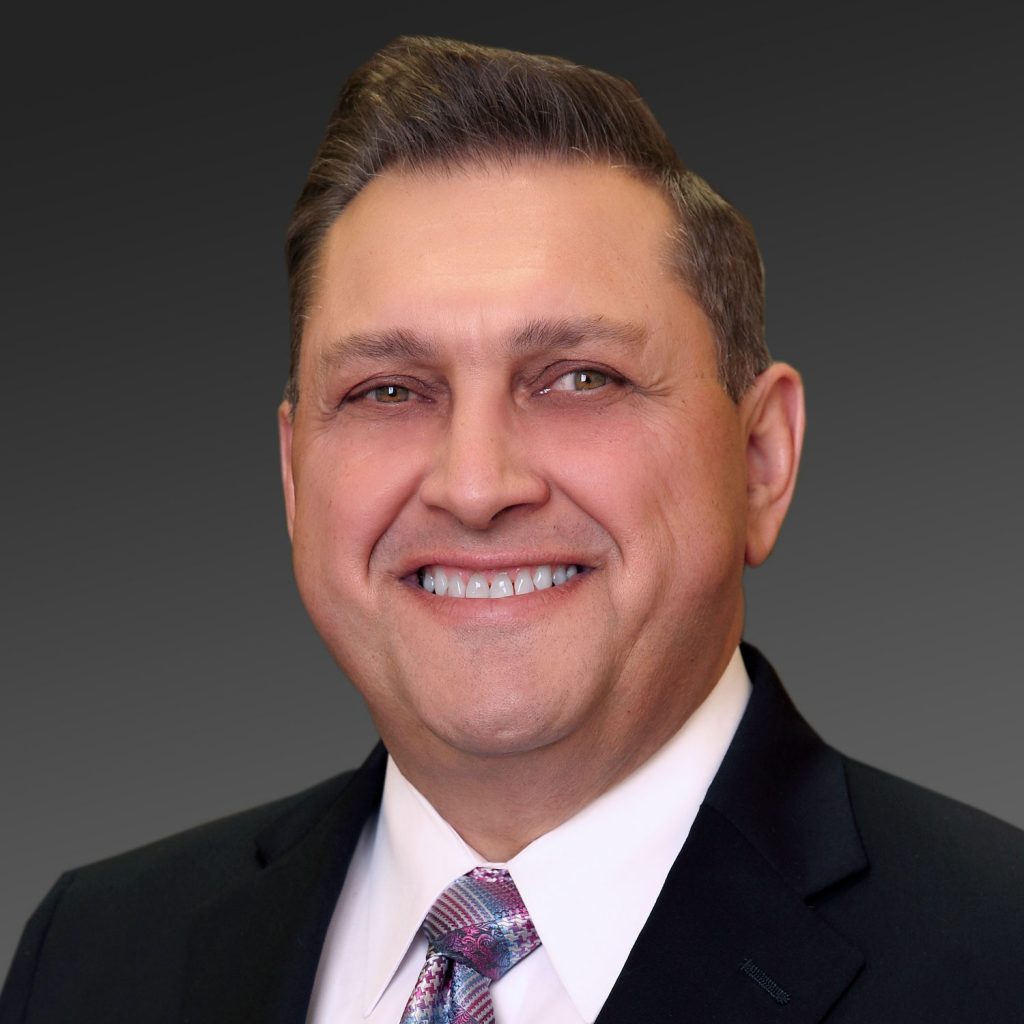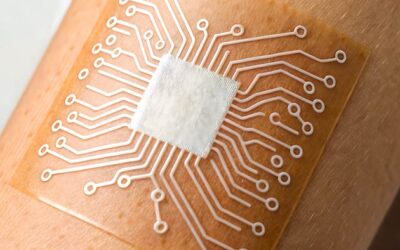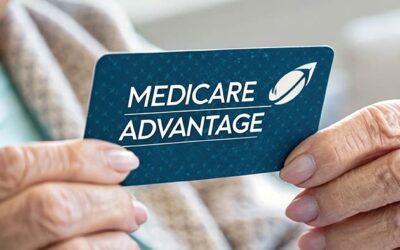by Mario Fucinari •
DC, CPCO, CPPM •
An updated Advance Beneficiary Notice of Non-Coverage (ABN) form CMS-R-131 was approved by the Office of Management and Budget (OBM) with an expiration date of January 31, 2026, to be used for Medicare patients. The notice is a helpful tool to shift the liability on payment responsibility to the patient to notify them of their responsibility for payment. Providers should be aware of when and when not to use the form. Incorrect timing, frequency, or use may result in providers issuing refunds or facing sanctions. Since Medicare has limited coverage for services provided, this is a perfect opportunity to introduce the patient to the benefits of ChiroHealthUSA and the discounted prices available through this program.
The ABN form CMS-R-131 is a Medicare and Medicaid form when the Medicare payment is expected to be denied. The form is viewed as a limit on liability for providers and patients alike. Last year the government mandated the No Surprise Act, which required that patients be informed of their responsibility to pay for services before they are rendered. The provider issues a “Good Faith Estimate” to the patient to inform them of the expected cost for goods and services spanning up to one year. However, in most instances, the Good Faith (GFE) is not to be used for Medicare or Medicaid. The GFE is the non-Medicare version of the ABN form.
Suppose you anticipate that a service statutorily covered by Medicare will not be covered. In that case, The ABN form is mandatory for covered services but voluntary for non-covered services. As with any documentation requirements, it never happened if it is not documented. The ABN form is your documentation that the patient has been informed of your determination of likely service non-coverage. It gives the patient the choice to have the service or not and whether to have the provider file a claim for the service denial.
A patient chooses one of the options on the form for billing procedures. Option 1 instructs the provider to bill Medicare for the procedure, even though the patient is aware that the provider feels it will not be covered. Option 2 requires the provider not to bill Medicare. With option 3, the patient informs the provider that they do not want the service and will not pay for it. Since chiropractors cannot opt out of Medicare, the ABN form should never be used as a tool to opt out of Medicare.
The provider (notifier) should use an ABN when:
- Items or services are not considered reasonable or necessary;
- Items or services violate the prohibition on unsolicited telephone contacts;
- Items and services that are covered but are more frequent than indicated under the coverage guidelines which are not reasonable and necessary for diagnosis or treatment or to improve functioning; and
- In situations when Medicare considers the item or services to be experimental.
A noted change of the ABN is the disclaimer on the form, “You have the right to get Medicare information in an accessible format, like large print, Braille, or audio. You also have the right to file a complaint if you feel you’ve been discriminated against. Visit Medicare.gov/about-us/accessibility-nondiscrimination-notice.” This notice exemplifies the government’s continued emphasis on patient access to information in a non-discriminatory manner. The ABN is available in different formats to accommodate certain types of disabilities, such as blindness. The form is also available in various languages for non-English speaking patients.
Providers should know the ABN use guidelines in Medicare Parts B and C. The ABN form will be used for parts A and B (original Medicare) but not for the Medicare Advantage program (part C). CMS expressly prohibits providers from using the Advance Beneficiary Notice or similar notices for Medicare Advantage members. CMS recommends that providers use the determination process established by the member’s health plan in Part C. If there is a question about whether a Medicare Advantage plan will cover an item or service, members or their providers can request prior authorization/precertification before services or items are provided. If the request is denied, written determinations provide denial reasons and set forth appeal rights. If a provider chooses to provide a service to a Medicare Advantage member without first ensuring the service is covered, the provider must hold the member harmless. If no guidelines are available by the plan, providers may wish to use the GFE rather than the ABN.
The ABN form is valid for up to one year unless a “triggering event” occurs. Providers should not have patients sign the form every visit. Medicare believes that this will unduly alarm the patient. Instead, use the ABN form as a notification along with your treatment plan when you feel the services are likely to be construed as maintenance care. A triggering event would be considered a new injury or an exacerbation of a chronic subluxation. Whenever a patient transitions from active care to maintenance care, a new ABN form should be considered to be issued.
The notification on the ABN form may vary depending on whether the provider is participating or non-participating. Since non-participating providers collect the fee for the service at the time of the service, option one on the form would strike through the statement, “If Medicare does pay, you will refund any payments I made to you, less co-pays or deductibles.”
Another extenuating circumstance is if the patient is a hardship case, termed a Qualified Medicare Beneficiary (QMB) patient. Under hardship, the patient is not responsible for out-of-pocket payment for covered services. In this case, the provider would strike through the statements in option one that I have bolded, “You may ask to be paid now, but I also want Medicare billed for an official decision on payment, which is sent to me on a Medicare Summary Notice (MSN). I understand that if Medicare doesn’t pay, I am responsible for payment, but I can appeal to Medicare by following the directions on the MSN.”
Providers should retain the original when issuing the ABN and provide the patient with a copy of the completed document. The ABN is voluntary for non-covered services. If used for non-covered services, the patient is not mandated to sign the ABN form or choose an option. Other methods are available besides the ABN to inform the patient of their financial responsibility to pay for the non-covered services. The provider may charge their usual fee for non-covered services and is not bound to the Medicare fee schedule. This is a perfect opportunity to introduce the patient to the benefits of ChiroHealthUSA and the discounted prices available through this program. In my experience, patients appreciate the benefits of the ChiroHealthUSA program when Medicare does not pay for certain services.
For more information, doctors and staff should attend upcoming classes on this subject or obtain the form and read the entire instruction manual at https://www.cms.gov/Medicare/Medicare-General-Information/BNI/ABN.
About the author
Dr. Mario Fucinari is a Certified Professional Compliance Officer, Certified Physician Practice Manager, Certified Insurance Consultant, and a Medicare Carrier Advisory Committee member. As a ChiroHealthUSA Speaker’s Bureau member, Dr. Fucinari travels throughout the year, speaking to audiences nationwide and sharing his chiropractic expertise and insights about Medicare, documentation, coding, and compliance. For further information or to have Dr. Fucinari talk to your group, email him at Doc@Askmario.com or check his website at www.Askmario.com.










 ▶︎
▶︎  Why is the Discount Challenge prize amount $15,024? Because that is the average “per-occurrence” fine for Medicare inducements. That’s not $15,024 per patient, that’s not per provider, that’s PER VISIT. Stinks, doesn’t it? To us, the prize amount is worth the investment if we can help our profession better understand proper discounting.
Why is the Discount Challenge prize amount $15,024? Because that is the average “per-occurrence” fine for Medicare inducements. That’s not $15,024 per patient, that’s not per provider, that’s PER VISIT. Stinks, doesn’t it? To us, the prize amount is worth the investment if we can help our profession better understand proper discounting.